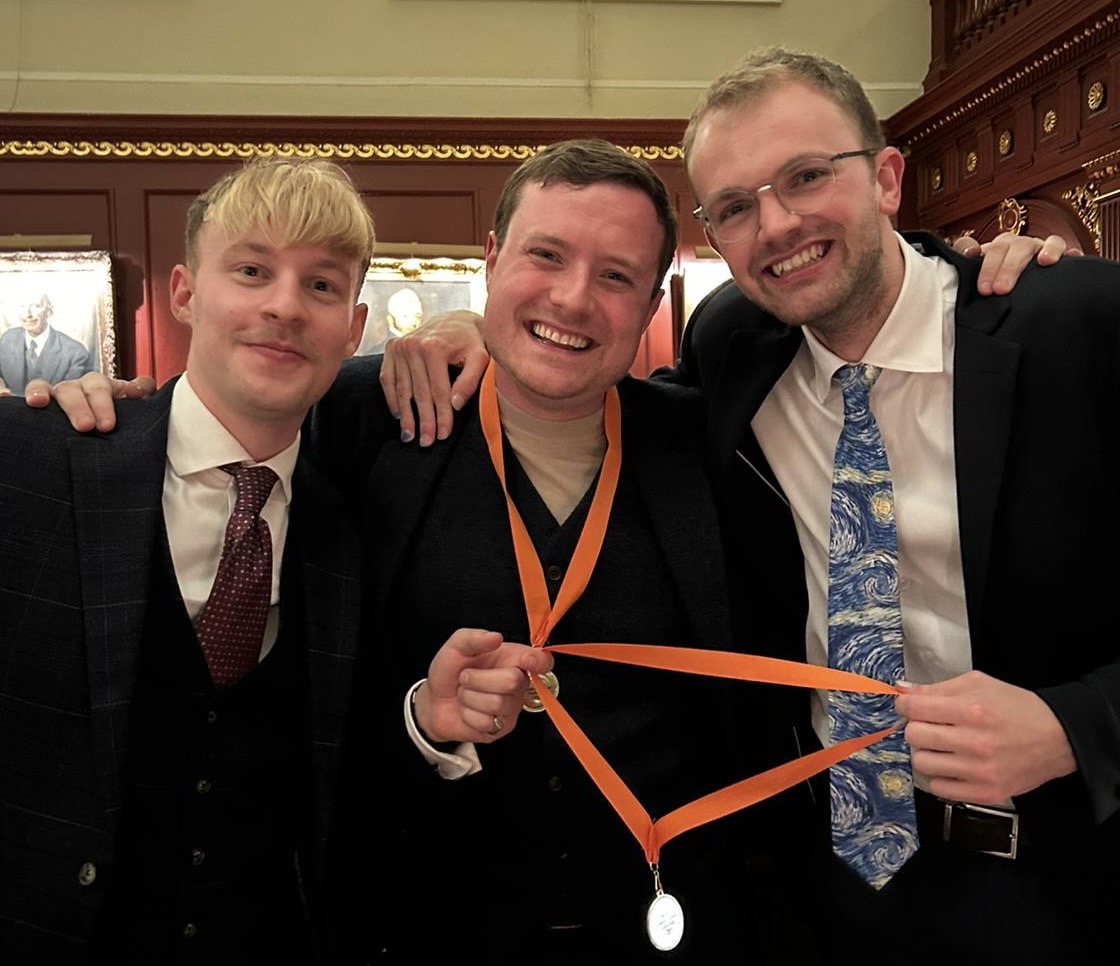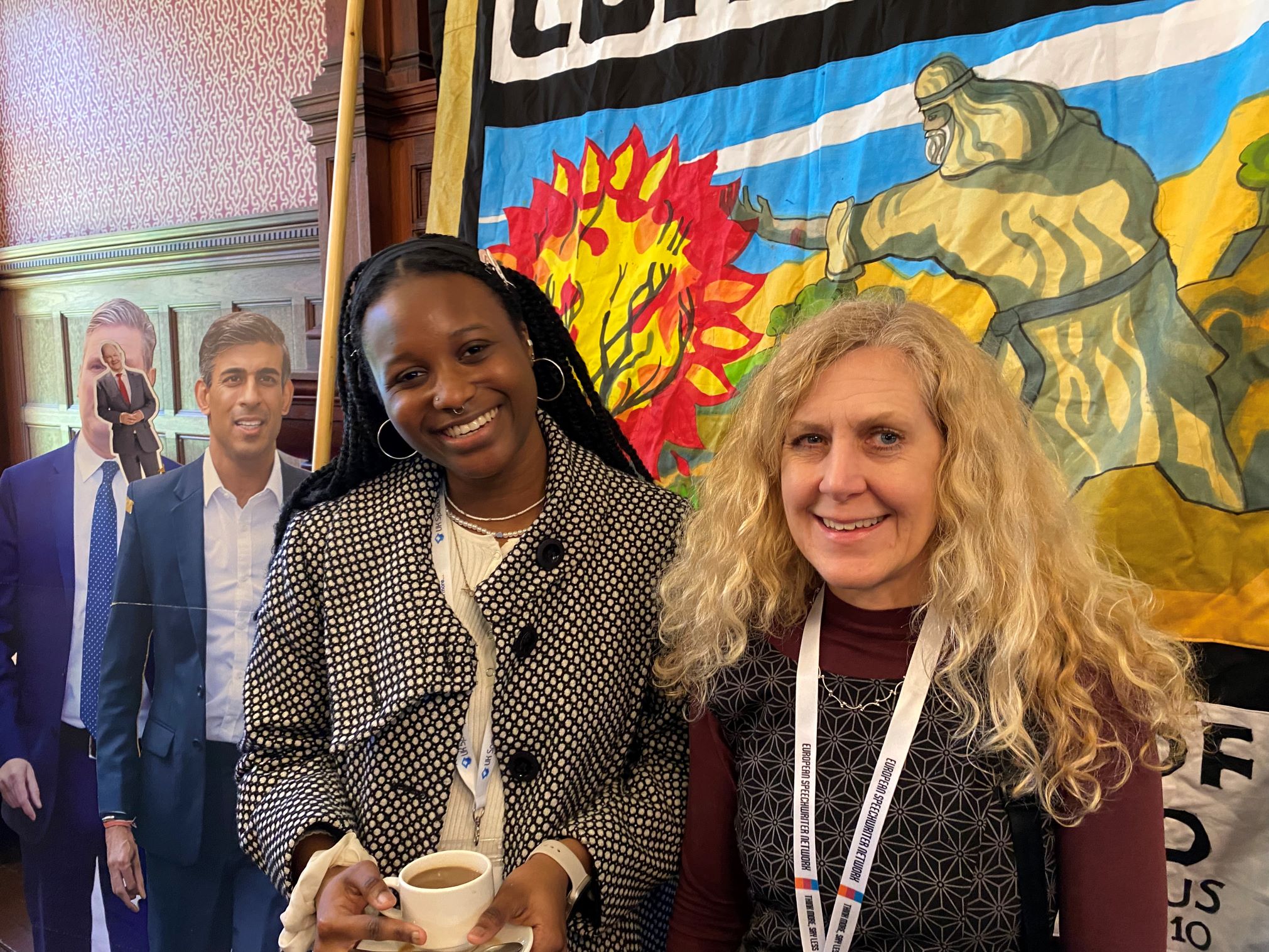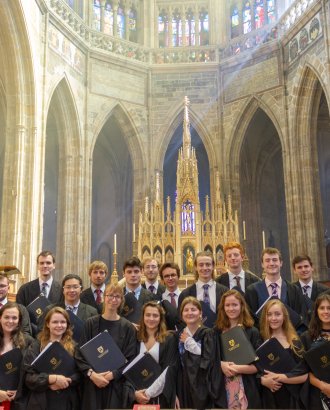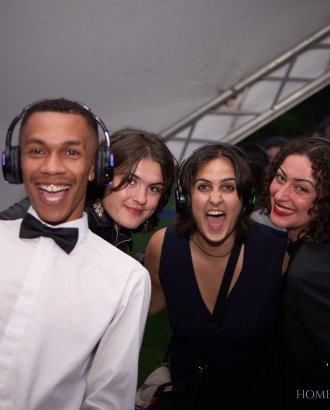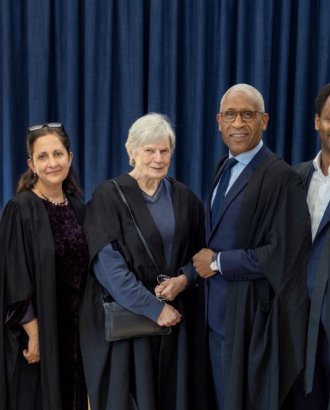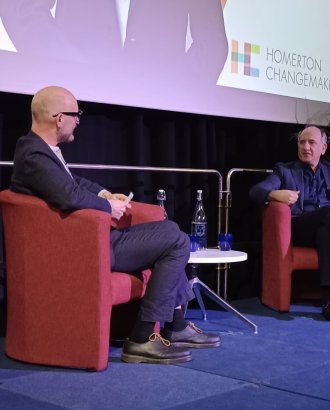The Power of Ideas
What a difference three days make: three days at the European Speechwriter Network. The event brought together political advisors, academics, and speechwriters: people involved in public policy from the West Wing, Westminster, and the corridors of power across Europe. Together with a group of Homerton Changemakers, I learned from the best about the art and science of speechwriting.
Day one was a deep dive into ideology as speechwriting strategy. Larry McEnerney, lecturer in speechwriting for 30 years at the University of Chicago, took aim at the commonplace that values underlie mission and strategy. Behind values, he argued, lurks deep ideology. For McEnerney, America's essential ideology is a belief in ideal types, a belief in a realm of immutable truths which provide the pattern for life. Reagan’s rhetorical strategy, he argued, was so successful because it appealed to deep cultural assumptions, an ideology which went beyond specific propositions to the very nature of truth. Yet, for all his success, Reagan could never go beyond the ideology on which he relied. Obama, by contrast, did just that. Obama’s rhetorical strategy was to begin with an appeal to deep ideological convictions, but to reason his way to progressive conclusions outside the existing consensus.
Day two was an opportunity for speechwriters to talk to speechwriters about the state of politics, the state of the world and the state of their craft. Tessa van Beest, former advisor to the Dutch Prime Minister, acknowledge candidly that speechwriters have yet to develop a compelling language to counter populism. Discussing the impact of artificial intelligence, Justine Bashford argued that beyond the techniques and methods of speechwriting, public statements need an essential human meaning. Humans, she argued, will always beat AI as speechwriters as only “words that emanate from the heart, enter the heart.” Patrick Ross, until recently a speechwriter at West Wing Writers, gave a presentation on humour. Comedy, he claimed, is a good way of deflecting without sounding evasive; a good way of criticising without sounding arrogant; and a form of advocacy which is not preachy. Ross, who has recently taken a job with the Biden administration, won the evenings speechwriters competition. One of Homerton’s Changemakers took second place, no mean feat against such stiff opposition.
Dan Sacker’s reflections on working as an advisor to Rabbi Lord Jonathan Sacks were a highlight of day three. Sacker argued that Rabbi Sacks had a genuine faith in the power of ideas, and a desire to raise the tone of public debate through imparting timeless wisdom in a timely way. In so doing, Sacker reminded us of Rabbi Sacks' profound moral vision of society as “the home we build together”, a home which combines the distinctive contributions of different communities for the common good. Finally, we heard from Sandra Peri, former speech writer to Barack Obama, about the pace of writing in the White House. She admitted, in all humility, that more often than not, it was Obama's ad libs which cut through, rather than his scripted remarks.
The three-day event was an excellent chance to network. Everyone, even those who were working for Prime Ministers and Presidents, everyone was keen to talk, make connections and exchange ideas. And Homerton's students took full advantage of the opportunity.
My abiding impression of the conference was of a of group of people dedicated to the power of ideas, the value of argument and the importance of public discourse. As Hannah Arendt has shown, speech is essential in a diverse polity of equals. Through speech, we disclose ourselves to others; we persuade each other and formulate common projects; we make promises and seek forgiveness. While, slogans and sound bites close discussion down, speechwriting, at its best, opens up debate and opens up new possibilities through the exploration of ideas.

